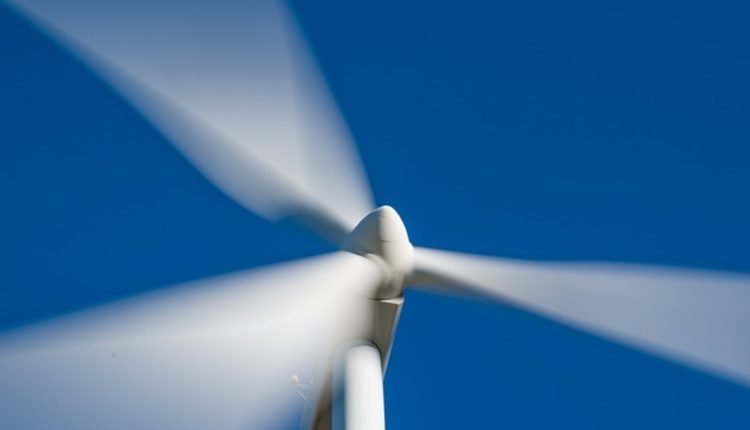Gone are the days when windmills had to be huge, cumbersome machines only to pump water and grind grain. Modern wind turbines, which have replaced traditional windmills, are compact, silent, and efficient; they are primarily used to generate electricity, which can be used to power entire cities or as a backup source of power in rural areas. This essay assumes the reader is interested in constructing or purchasing a wind generator. The turbine is the most visible part of a wind power system, but there are also a charge controller, a power storage system, and a converter that all need to be considered.
Parts for Wind Turbines
Small wind turbines suitable for homes are not very complicated. Wind turbines comprise three primary components: the blades that collect energy from the wind, the generator that turns the wind into electricity, and the tail assembly that keeps the turbine pointed into the wind. A wind turbine can be purchased and installed in one’s home in several hours. A third choice is to assemble a kit that contains everything you need. Or, if you’re up for a substantial do-it-yourself endeavor, you can build the whole thing from scratch, including the blades, the tail, and the motor. You have complete control over how much, if any, labor you put in.
Energy-Storage Systems
You probably already know what a wind turbine looks like in its most basic form because they’re depicted practically everywhere. However, the power storage devices integral to a wind turbine system are typically out of sight. Batteries are the equipment in question, and they are used to store energy. Just don’t use any old batteries. Power generated by your wind turbine can only be stored in deep-cycle batteries, such as those seen in boats and golf carts. Standard batteries cannot endure the repeated draining and charging that these batteries are designed to handle. Of course, a single battery won’t cut it; instead, you’ll need a battery bank or a group of electrically connected batteries.
Power management systems
Batteries will be destroyed if you keep charging them after they are complete. If the wind keeps blowing, your wind turbine will keep feeding electricity into the grid regardless of whether or not it needs to. A mechanism controlling the rate at which the motor draws power from the batteries must be installed. A charge controller is the name for this gadget. A charge controller monitors the state of charge of the battery and either allows or prevents power from reaching the battery bank as needed.
Related Posts
Switching Power Supplies
Your wind turbine does a fantastic job of generating electricity, and your batteries are up to storing it. Unfortunately, they work together to generate and store a lot of 12-volt electricity, which is excellent for running the electrical system in a car but useless for anything else. Why? This is because the standard voltage for home appliances is 120 V in the United States and many other countries. Voltage converters serve this purpose. A voltage converter can transform the 12-volt electricity stored in your batteries into the 120-volt power your electronics require.
An Integrated Wind Generator
If you’re considering installing a wind turbine, you should know there’s more to a wind power system than a turbine. A turbine is essential, but you’ll also need a battery to store energy, a charge controller to manage the power flow, and a voltage converter to transform the energy into something usable.
Check out our [http://www.makeenergynow.com/diy-wind-turbine-plans/] to build your wind turbine. DIY wind turbines are possible.
Alternatively, you can view my visual guides at [http://www.makeenergynow.com/how-to-build-your-own-solar-panel/].
So long for now!
Read also: 6 Repair Service Tips on Your Cutting Tools.


